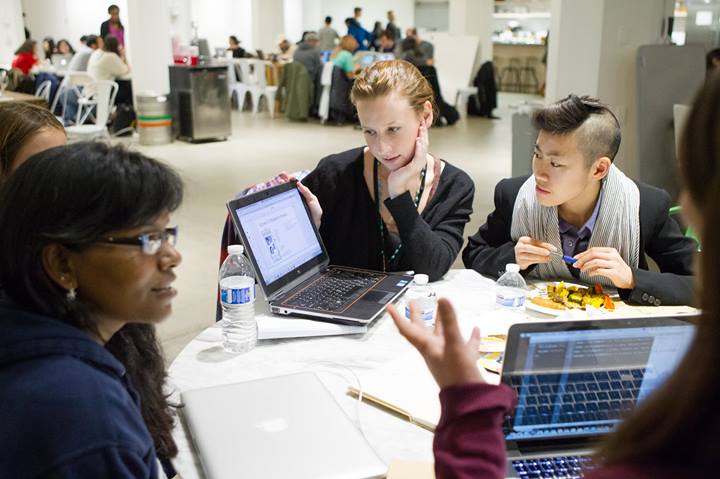Darrell Silver
More posts from Darrell Silver
It’s been a remarkable rise so far, but for coding bootcamps to become mainstream they must prove that the outcomes they advertise are real.
In 2012 coding bootcamps began offering courses in software development and promising graduates new careers in technology. The schools, now backed by hundreds of millions in VC funding, will educate about 30,000 students in 2016, and rake in just shy of half a billion in tuition fees.
Most schools claim nearly 100% graduation and placement rates. But these claims are mostly unverified and just how schools arrive at them largely undisclosed. Prospective students look to outcomes statistics because it’s the only way to gauge their chances for success — bootcamps don’t have decades or centuries of reputations like colleges.
Students, so far, have been the early adopters, open to risk for the chance of being early. But as with any product wider market adoption depends on continually improving clarity, trust, and proof. This is even more true in coding education where services promising to teach the same skills vary from a $25 per month subscription to Code School to an average tuition of $14,000 at a bootcamp.
The only way for students to make a wise decision about how to learn is to understand the types of outcomes, peer groups, and time commitment each type of learning offers and promises. But most of the industry still isn’t doing that.
The majority of schools market with one-off achievements like the one graduate who got into YCombinator, or the tiny percentage who get hired by Google. These claims make a good email subject line but fail to set any reasonable expectation for students. In the end, they eat away at consumer’s trust exactly when companies need to be building it.
This is why the industry is starting to see a backlash against bootcamps. Zed Shaw began investigating the most flagrant examples of bootcamp overreach, Basel Farag (a mentor for Thinkful) wrote in TechCrunch that “while many coding bootcamps are legitimate and care for their pupils, an even greater number are run by modern snake-oil salespeople tapping into the average American’s desperation.”

The industry is also starting to see stories about bootcamps’ failure to comply with their own promises — even to The White House. This is what happens when marketing trumps education, and it hurts every company operating in the market.
Some schools are beginning to taking transparency seriously. Lighthouse Labs, HackReactor, and Turing School are among the schools that report student outcomes. Over the next few months General Assembly and others will also likely come around.
There are forces pushing for transparency, too. Lenders like Skills Fund now fund about 20% of coding bootcamp students and as a result collect limited but very high quality outcomes data. Skills Fund is trying to get bootcamps to agree to a common set of standards and categories so it can (anonymously) better report on the industry.
The government’s pilot EQUIP program may have a similar side effect. Course Report, the independent bootcamp review site, has started adding student outcomes data alongside individual student reviews. While standards bodies seem inevitable the efforts so far aren’t gaining traction because the market is still innovating too quickly to pin down a single definition of student success.

There’s also valid reasons schools may use different methodologies, like if there’s an admissions policy, or if students who take a break while enrolled count as having failed.
For the next year or two the right goal is that schools define and publish their own data alongside clear methodologies for arriving at the numbers. This will force schools to debate in public and let students decide.
Two years ago the BPPE threatened to close several bootcamps in California for being out of compliance with regulations covering postsecondary schools. At the time it was seen as an aberration. The schools were small and years later it hasn’t happened again. But today there’s ten times as many students enrolled in bootcamps, millions who take coding courses, and hundreds of millions of VC dollars invested.
Without transparency mainstream adoption will slow, or worse, the next round of padlocks on schools’ doors will cause permanent damage to coding schools’ nascent reputation. If schools continue their lax approach to reporting the facts the only option remaining will be for regulators to start imposing burdensome and expensive restrictions – and that’s if we’re lucky.
Building trust with students will, in the long-term, change the direction of massive economic forces like exploding student debt and nagging underemployment – achievements every bootcamp should work together to achieve.































Comment